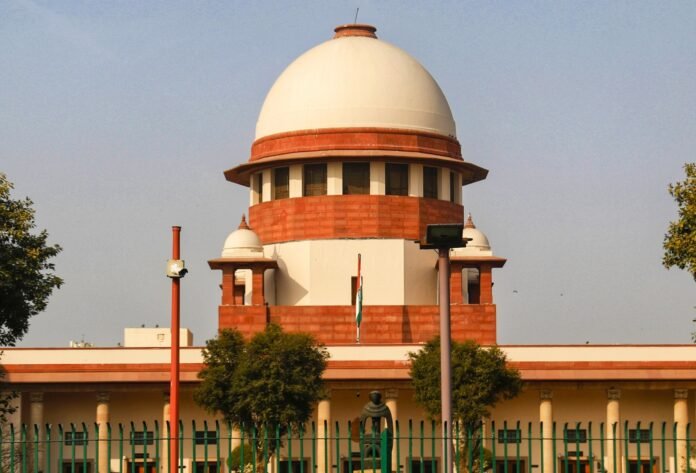Supreme Court Rules on OBC Candidates’ Migration to General Seats in CAPF Recruitment
In a key decision on OBC reservation rules, the Supreme Court has clarified that candidates from the Other Backward Classes (OBC) who use age relaxation benefits during recruitment for constable posts in Central Armed Police Forces (CAPF) can’t switch to unreserved general category seats later, even if they score higher than the last selected general candidate. This ruling came on Tuesday and directly overturns a previous order from the Calcutta High Court.
The case revolves around the Staff Selection Commission’s (SSC) recruitment drive for Constable (General Duty) or GD posts in CAPF. The standard age limit for these jobs is 18 to 23 years, but OBC candidates get a three-year relaxation, making them eligible up to 26 years. Several OBC applicants took this benefit but didn’t make the cut in the reserved OBC category. They then argued they deserved spots in the general category because their marks beat those of the lowest-scoring general candidate selected.
The Calcutta High Court had sided with these OBC candidates, drawing from a 2010 Supreme Court judgment in the Jitendra Kumar Singh vs State of U.P. case. That earlier ruling said age or fee relaxations are just "aids to reservation" and don’t disrupt fair competition in open seats. Based on this, the high court ordered the OBC petitioners to be considered for general category appointments.
But the Supreme Court bench, led by Justices Surya Kant and Joymalya Bagchi, disagreed strongly. They pointed to a July 1998 Office Memorandum from the Department of Personnel and Training (DoPT) that clearly prohibits such "migration" for candidates who avail benefits like age relaxation, extra attempts, or eased qualifications. The court noted that these OBC candidates joined the process without any objections and never challenged the memorandum’s validity, which forms the backbone of these recruitment rules.
Diving into past judgments, the bench emphasized that recruitment rules often include strict barriers against shifting reserved candidates to unreserved pools. "Whether a reserved candidate who has availed relaxation in fees or upper age limit to participate in open competition with general candidates may be recruited against unreserved seats would depend on the facts of each case," the court explained in its order.
To make it crystal clear, the Supreme Court laid out the rule: If the recruitment notification or rules don’t ban migration, high-scoring reserved candidates can move to general seats. But if there’s an explicit embargo—like in this 1998 DoPT memo—such shifts aren’t allowed. In this scenario, since the OBC candidates benefited from age relaxation under those very rules, the high court was wrong to apply the Jitendra Kumar logic.
The top court accepted the Union government’s appeal and set aside the Calcutta High Court’s judgments. This decision reinforces the importance of sticking to recruitment guidelines in government jobs, especially for CAPF constable positions, and could impact future OBC reservation claims in similar SSC recruitments.
This ruling highlights how age relaxation in OBC category and general category migration work together under Indian reservation policies, ensuring fairness while upholding official rules.



